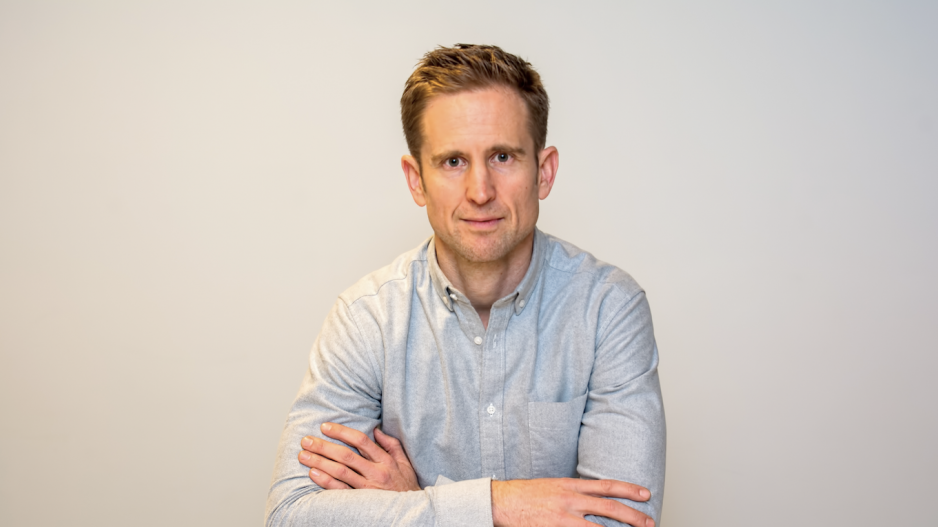There was a predictable pattern to last month’s unveiling of the Canadian Institute for Advanced Research’s 34 new artificial intelligence (AI) chairs – researchers eligible for up to $1 million in funding to keep them working in Canada.
Five researchers in Edmonton were named chairs through the Alberta Machine Intelligence Institute, along with 10 in Toronto through the Vector Institute and the remaining 19 through the Montreal Institute for Learning Algorithms.
No B.C. chairs were named.
“Historically, it certainly makes sense for those funds to go where they did because there are long-standing accomplishments in AI in some of those schools and centres,” said Steve Lowry, executive director of the Artificial Intelligence Network of BC (AInBC) industry association.
“But looking into the future I see Canada really shifting into more of a commercialization mode.… That’s where B.C. is strong.”
Following a push from a mix of academics and the private sector, AInBC was incorporated last February with the aim of turning the province – home to about 150 companies developing AI – into a global hub for artificial intelligence by 2022.
“It’s an exponentially growing technology, and so we wanted to ensure that the pressure is on to accomplish what would widely be recognized as creating that go-to global hub for AI,” Lowry said.
After officially launching in September, the industry association hosted its first conference on December 9. Called CrossOver AI, the event drew researchers, entrepreneurs and government officials to debate the prospects of B.C.’s future in AI.
At one panel, experts zeroed in on how AI could be deployed to benefit the province as a whole as opposed to the traditional focus on Metro Vancouver and Victoria.
Travis Good, chief technology officer at Terramera Inc., pointed out that the province still faces major infrastructure challenges that could stymie progress toward turning B.C. into a global hub outside of its most populous regions.
“We’ve still got a digital divide, even with broadband,” he said.
Meanwhile, Minerva Intelligence Inc. CEO Scott Tillman said recruitment is also difficult outside major population centres.
“I’m not suggesting there isn’t talent out there,” he said, before adding that the homegrown talent needed to help the AI industry grow tends to migrate towards places like Vancouver rather than more rural parts of the province.
An April report on global talent from Montreal’s Element AI concluded that Canada accounts for 4% of the world’s AI experts – measured by the number of researchers whose works are published in accepted publications – tied with France and Japan as the fifth-largest hub for AI jobs.
However, the report found that the number of female scientists represented in Canada was below the already low world average of 22%.
Instead, women make up just 14% of the Canadian AI industry.
Among the initiatives AInBC is pursuing to address this talent gap is an educational program called Athena Pathways.
Partnering with the University of British Columbia, Simon Fraser University, the British Columbia Institute of Technology and the soon-to-launch Vancouver campus of Northeastern University, the program seeks to train 500 women in artificial intelligence.
Meanwhile, the nascent industry association is also pursuing partnerships with government to help create and fund a physical hub to develop ideas and companies in the realm of AI.
“We need to be brash and aggressive in a way that perhaps our province hasn’t been before because of the speed at which an industry like this is moving,” Lowry said.




